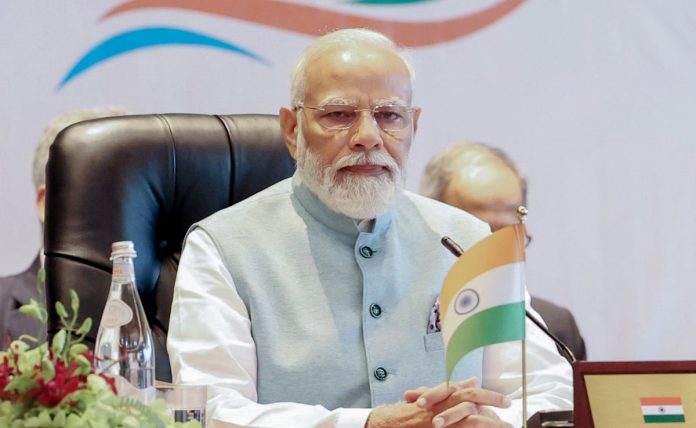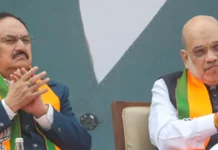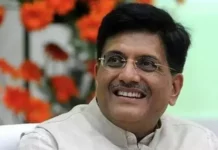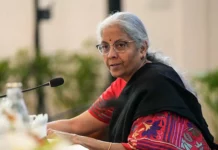NEW DELHI: Prime Minister Narendra Modi ahead of his visit to the United States said that for “normal bilateral ties” with China “peace and tranquillity in the border areas is essential,” the Wall Street Journal (WSJ) reported.
“We have a core belief in respecting sovereignty and territorial integrity, observing the rule of law and peaceful resolution of differences and disputes. At the same time, India is fully prepared and committed to protect its sovereignty and dignity,” PM Modi said in his interview to the US publication. The WSJ noted that India and the US share relationships with China that have grown increasingly fraught in recent years, marked by deepening military and economic rivalries.
It said that for India the challenge was at its doorstep with rising tensions centering around its decades long dispute with Beijing over the 2,000-mile border separating the two countries, known as the Line of Actual Control.
During his US visit the country’s bid to boost surveillance over the Indian Ocean its border with China, PM Modi is likely to sign off on a multibillion-dollar agreement. The Prime Minister is expected to complete deals to manufacture jet-fighter engines in India to power advanced light combat aircraft, and to purchase high-altitude armed Predator drones, according to the WSJ report.
The Wall Street Journal is an American business and economic-focused international daily newspaper based in New York City.
India has blamed China for violating border agreements, and the two countries have held 18 rounds of military talks since 2020, that were aimed to prevent the dispute from spiralling into wider conflict.
China’s Defence Ministry didn’t respond to WSJ’s request for comment sent via the State Council Information Office.
India has repeatedly clarified its stance on resolving border disputes with China.
Earlier this June, External Affairs Minister S Jaishankar noted that India does not get swayed by coercion, inducements and false narratives, however, he added that India and China must find a way to step back from potential confrontation in the western Himalayas.
While explaining the clashes in Galwan in 2020, Jaishankar said, “India does not get swayed by coercion, inducements and false narratives. The two of us have to find a way of disengaging because I don’t believe this present impasse serves China’s interest either,”.
Following the clash with the Chinese troops in June 2020, Indian Army formations deployed near the Galwan Valley, along the Line of Actual Control (LAC) in Ladakh, have undertaken a range of activities such as surveying border areas to stop a “possible” Chinese aggression, an officer of the Indian Army said earlier.
Jaishankar also maintained that India wishes to improve relations with China but it will happen only when there is peace and tranquillity on the border.
On the Galwan clashes, Jaishankar said that the India-China position is “very complicated.” He also said that normally, the army is not deployed at LOC but after 2020, it was changed and both sides have done “forward deployment.” (ANI)






